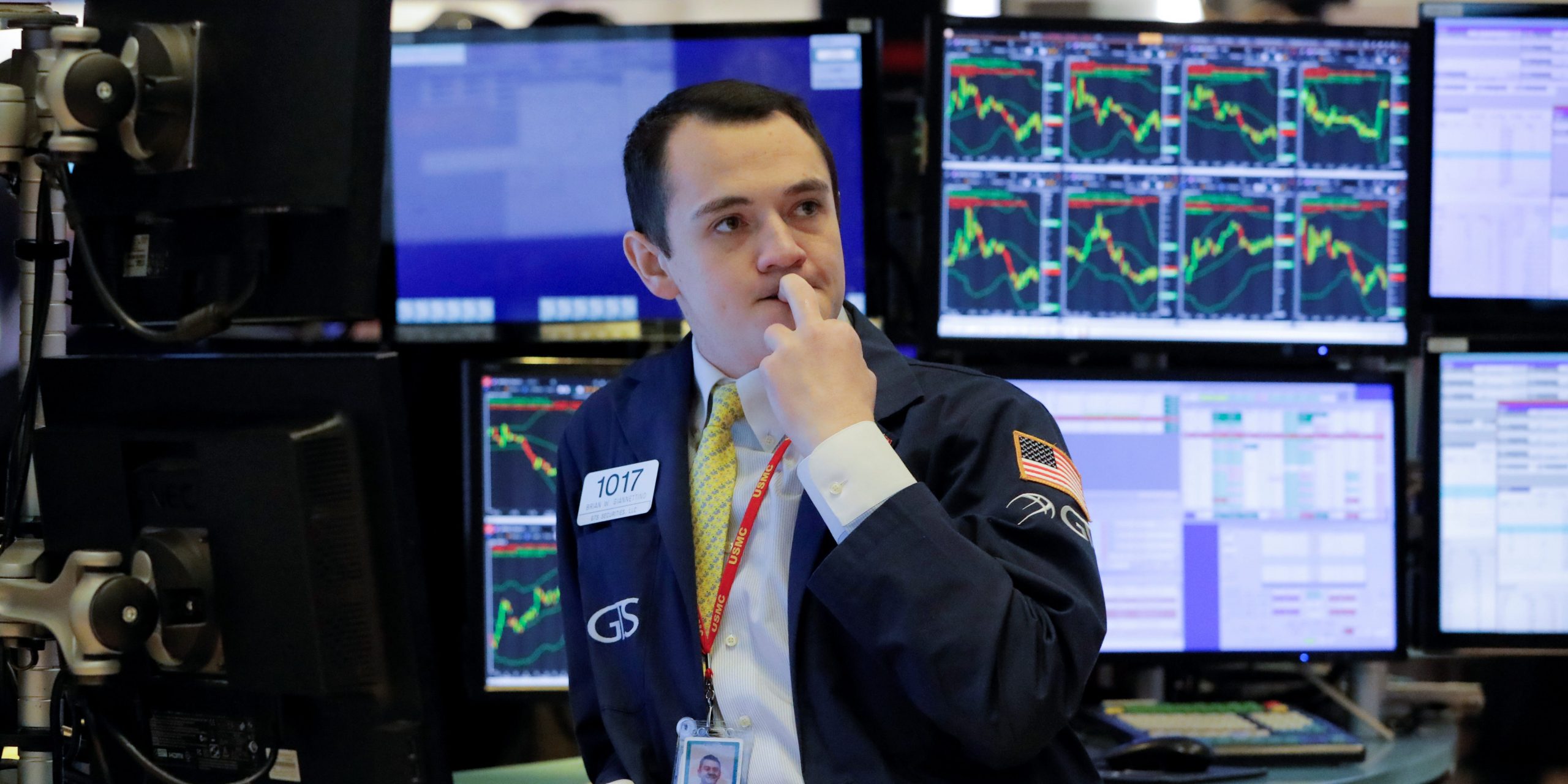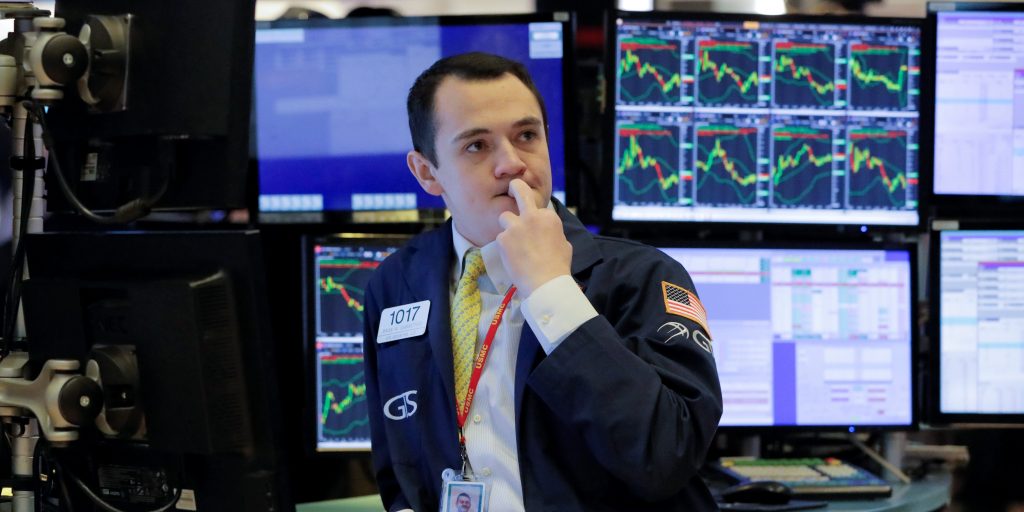
Andrew Kelly/Reuters
- September is historically the worst month of the year for returns in the stock market.
- Since 1928, the month of September has generated an average stock return of -0.1% with a win-ratio of only 46%.
- But after such a strong start to the year, September market returns could be stronger than consensus.
- Sign up here for our daily newsletter, 10 Things Before the Opening Bell.
September has historically been the worst month of the year in terms of stocks generating returns, but recent strength in the S&P 500 suggests this year may be different.
Since 1928, the month of September generated an average stock market return of -0.1%, with a win-ratio of only 46%, according to data from Fundstrat.
Even in the last 1o and 20 years, and in post-election years, September was on average a down month for stocks, according to LPL. And last year, even in the face of a rapid recovery from the COVID-19 pandemic, stocks staged a 10% correction.
Given the tendency for September to be a down month for stocks, investors are likely wary about the next four weeks. But according to Fundstrat, data shows strong equity returns in September when markets see a strong first half of the year.
Since 1928, the stock market delivered median returns of 1.4% with a win-ratio of 67% in September when the first half of the year saw gains of at least 13%. The S&P 500 was up more than 15% in the first six months of 2021.
Strength often begets strength, so investors should not be surprised if stocks continue to buck the trend in seasonality data, as August was also an up month for stocks this year despite it being historically weak for equity returns.
And if September does turn out to be a down month for the stock market, investors should take advantage of the dip and buy it, because "this bull market is alive and well," LPL concluded.
